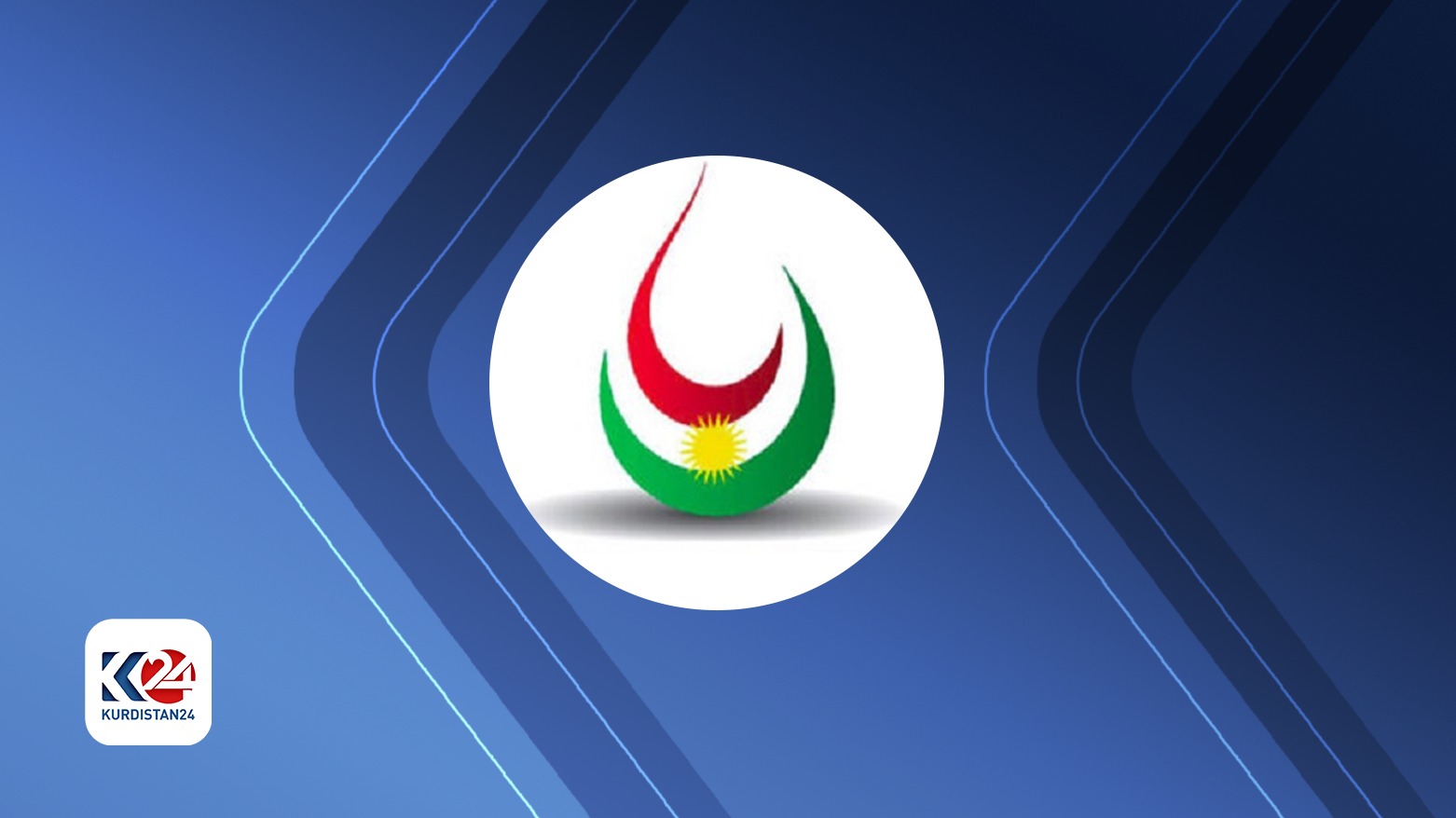Kurdistan challenges Iraqi Ministry's accusations, asserts legitimacy of oil contracts

ERBIL (Kurdistan 24) - The Kurdistan Regional Government (KRG) has issued a robust rebuttal to recent claims by the Iraqi Ministry of Oil regarding oil exports from the Kurdistan Region.
Accusations levied against the KRG for the alleged failure of oil exports were met with a detailed response, asserting the legality and constitutional basis of the KRG's oil contracts.
The Iraqi Oil Ministry's statement highlights its insistence on resuming oil exports through the Iraq-Turkey pipeline as well as upholiding the constitution.
However, KRG Ministry of Natural Resourses (MNR) viewed the statment with skepticism, highlighting the absence of constitutional provisions granting the Iraqi Federal Government authority to approve contracts issued by the KRG.
MNR reitirated that such statements try to blame solely the Kurdistan Region for the suspension of the oil exports and the failure of its resumption.
Instead, the KRG emphasized the legal foundation of its oil contracts, citing the unanimously approved Oil and Gas Law of 2007, recognized by esteemed legal authorities such as Judge James Crawford of the International Court of Justice and Stephen M. Schwebel, the Former Vice-President of the International Court of Justice.
The KRG's critique extended to the Iraqi Oil Ministry's reliance on a decision made by a committee in February 2022, which purportedly declared the 2007 KRG law unconstitutional.
Dismissing the legitimacy of this decision, the KRG likened it to decisions from the era of Saddam Hussein, questioning its legal understanding and validity.
Moreover, the KRG underscored the Iraqi government's failure to pass oil and gas laws compatible with the 2005 constitution, citing corruption and centralization within the Iraqi oil sector.
Highlighting past diplomatic efforts, the KRG recalled a January agreement between high-level delegations from both the KRG and the Iraqi government, aimed at addressing technical issues related to oil production costs in the Kurdistan Region.
Despite this agreement, the KRG lamented the lack of progress in resuming oil exports and urged the Iraqi government to adhere to its terms.
In closing, the KRG reiterated its commitment to upholding the rule of law and protecting the integrity of its courts.
It affirmed its adherence to the 2007 Oil and Gas Law and vowed to honor contractual obligations while urging the Iraqi government to facilitate the resumption of oil exports for the benefit of all Iraqi peoples and international energy security.
The Kurdistan Region, endowed with significant oil reserves, has long been a focal point in the country's energy landscape.
Following the fall of Saddam Hussein's regime and the subsequent establishment of a semi-autonomous Kurdish region, disputes over oil rights and revenue sharing have been recurrent themes in the relationship between the Kurdistan Regional Government (KRG) and the central Iraqi government in Baghdad.
The KRG, leveraging its legislative authority, passed the Oil and Gas Law in 2007, which asserted its jurisdiction over the region's oil and gas resources.
However, tensions escalated in subsequent years as Baghdad contested the legality of oil contracts signed by the KRG with international oil companies, arguing that such agreements required federal approval.
These disputes have often led to interruptions in oil exports from the Kurdistan Region, impacting both the local economy and Iraq's overall oil revenue.
Diplomatic efforts have been made to resolve these issues, including negotiations between the KRG and the Iraqi government, as well as involvement from international mediators.
Against this backdrop, the recent statement by the KRG Ministry of Natural Resources comes amid renewed tensions over oil exports from the Kurdistan Region.
The KRG's response to accusations from the Iraqi Ministry of Oil sheds light on the complex legal and political dynamics surrounding oil governance in Iraq, highlighting the ongoing struggle between regional autonomy and central authority.
